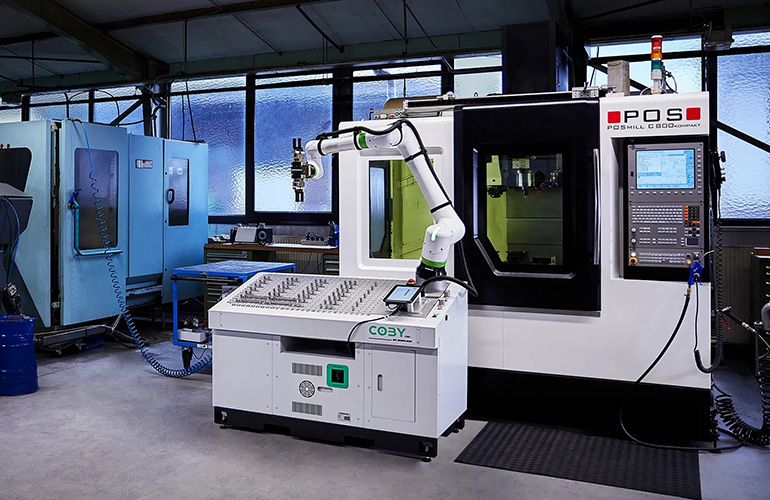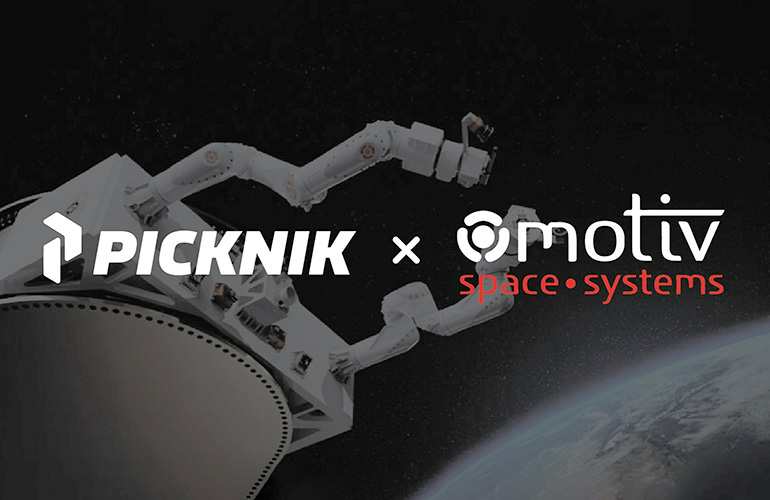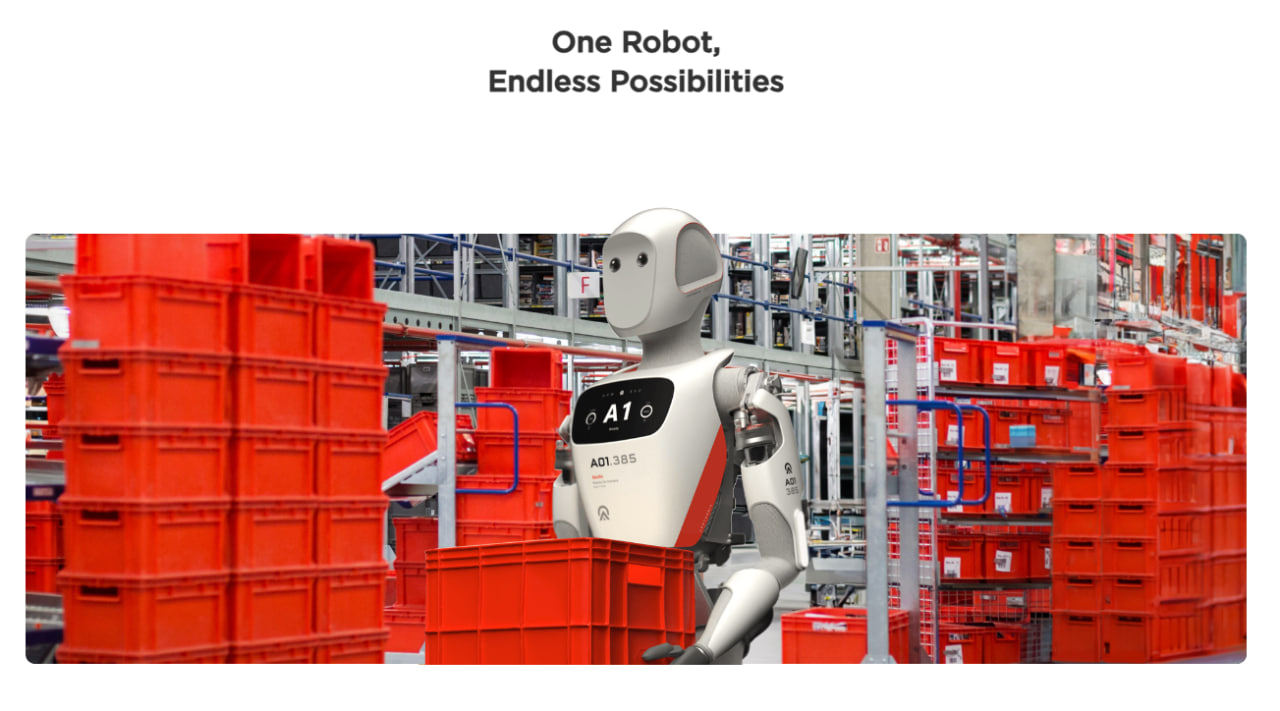In a significant leap forward for robotic mobility, Kubota Tractor Corporation has unveiled KATR (Kubota All-Terrain Robot), an innovative machine that promises to revolutionize operations across agricultural and construction sectors. This groundbreaking robot, recently honored with a CES Innovation Award, stands out for its unique ability to maintain a perfectly level cargo deck while traversing challenging terrain.
Engineering Innovation Meets Practical Design
The KATR's most distinctive feature is its dual-wheel system that adapts to varying terrain conditions. On smooth surfaces, the robot efficiently operates on its four primary inner wheels. However, when confronted with rough or sloping terrain, it transitions to its outer wheel set, each mounted on sophisticated hydraulically-actuated legs.
What truly sets KATR apart is its advanced self-leveling capability. Each leg operates independently, automatically adjusting its extension to maintain a horizontal cargo platform. This sophisticated system is powered by a proprietary algorithm that continuously processes data from onboard sensors, ensuring real-time responsiveness to terrain changes.
Versatile Power Solutions
Kubota has designed KATR with flexibility in mind, offering both battery-electric and gasoline engine options. This dual-power approach ensures the robot's utility across various environments, particularly in remote locations where electrical charging infrastructure might be limited. Each wheel features its own electric motor, enhancing the robot's maneuverability and terrain-handling capabilities.
Technical Specifications and Capabilities
The robot's compact yet adaptable design is evident in its dimensions:
- Width: 116 cm (45.7 inches)
- Length: Variable from 115 to 234 cm (45.3 to 92.1 inches)
- Payload capacity: 284 pounds (129 kg)
Multi-Industry Applications
KATR's versatility extends across numerous applications:
- Material transport in challenging environments
- Field data collection and monitoring
- Site maintenance and surveillance
- Precision application of materials in hard-to-reach areas
- Agricultural tasks including weeding, pruning, and harvesting
Market Entry and Accessibility
Kubota's innovative approach extends to its business model, with plans to introduce KATR to the Japanese market through a leasing program priced at approximately 1,980 yen (US$13) per hour. This accessibility-focused pricing strategy could dramatically lower the barrier to entry for potential users across industries.
While initial deployment will focus on the Japanese market in the coming year, Kubota is actively exploring opportunities to expand into North America, potentially marking a significant shift in how industries approach automated solutions for challenging terrain.
Industry Impact and Future Implications
The introduction of KATR represents more than just another entry in the robotics market. Its unique self-leveling capability addresses a crucial limitation in existing wheeled robots, opening new possibilities for automation in previously challenging environments. This innovation could particularly impact industries requiring precise operations on uneven terrain, from precision agriculture to construction site management.
As automation continues to reshape industrial operations, KATR's introduction suggests a future where robots can maintain stable, precise operations regardless of terrain conditions. This capability could prove transformative for industries that have traditionally struggled with automation due to environmental challenges.
With its combination of innovative engineering, practical design, and accessible business model, KATR exemplifies the next generation of industrial robotics – machines that don't just operate in difficult conditions but maintain optimal performance regardless of terrain challenges.


















